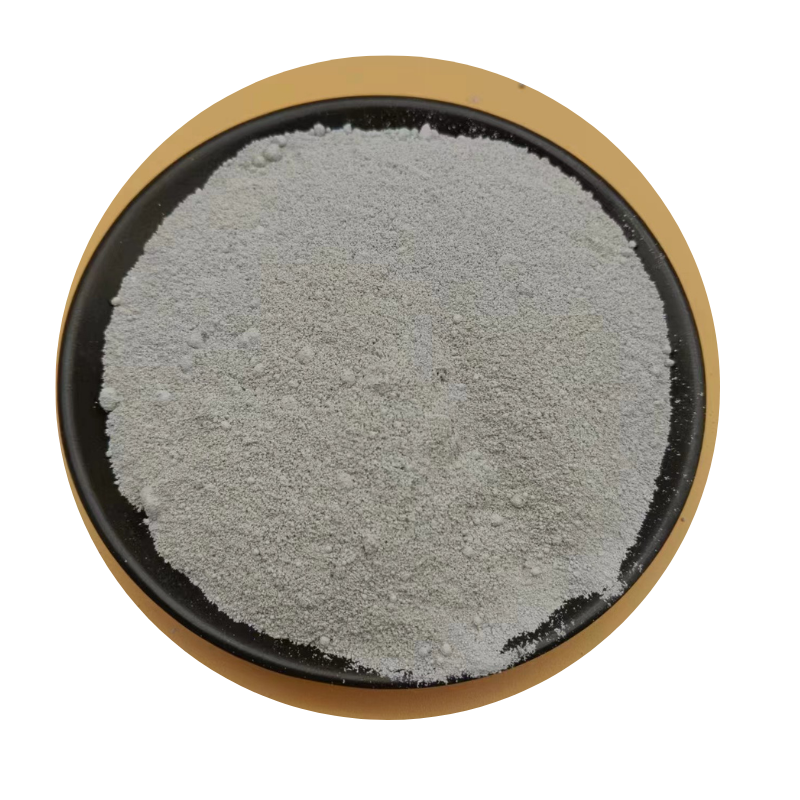
bentonite water
Bentonite and Water A Unique Relationship
Bentonite is a clay material that occurs naturally and is formed from the weathering of volcanic ash. One of its remarkable properties is the ability to absorb water and swell, which has made it a vital component in various industries. Understanding the relationship between bentonite and water is crucial for exploiting its full potential in applications ranging from construction to environmental protection.
Bentonite and Water A Unique Relationship
In construction, bentonite is widely utilized as a water barrier in landfills, ponds, and canals. When mixed with water, bentonite forms a thick slurry which can be used to seal the surfaces, preventing the infiltration of contaminants. Its ability to retain water makes it an ideal choice for creating impermeable layers that protect groundwater resources from pollution. This property is particularly important in the management of hazardous waste and the remediation of contaminated sites.
bentonite water

Bentonite is also essential in the drilling industry, particularly in oil and gas exploration. The mixture of bentonite and water creates a mud known as drilling fluid, which serves multiple purposes. The fluid cools and lubricates the drilling bit, removes cuttings from the borehole, and stabilizes the wellbore by exerting hydrostatic pressure. The unique rheological properties of bentonite allow for the adjustment of viscosity, ensuring that the drilling operations can be conducted efficiently and safely.
In agriculture, bentonite plays a significant role as a soil conditioner and water-retaining agent. When incorporated into soil, it enhances the soil's water-holding capacity, which is particularly beneficial in arid regions. Bentonite’s ability to swell and retain moisture allows it to provide a more consistent environment for plant roots, promoting better growth and crop yields. This characteristic helps to improve soil structure, reduce erosion, and enhance soil fertility.
Moreover, bentonite has applications in environmental management, particularly in water treatment processes. Its adsorptive properties enable bentonite to trap pollutants and heavy metals, making it an effective agent in purifying water. This makes it invaluable for constructing barriers in waste containment systems, where it ensures that contaminants do not leach into groundwater.
In conclusion, the interaction between bentonite and water is essential for its effectiveness in various applications. From construction and environmental protection to agriculture and industrial processes, the unique properties of bentonite have made it a critical material. As industries continue to recognize the importance of sustainable practices, the demand for bentonite and its water-related capabilities is expected to grow, highlighting the intrinsic value of this remarkable clay. Understanding and leveraging the relationship between bentonite and water will undoubtedly play a significant role in addressing some of the most pressing environmental challenges of our time.
Share
-
Premium Pigment Supplier Custom Solutions & Bulk OrdersNewsMay.30,2025
-
Top China Slag Fly Ash Manufacturer OEM Factory SolutionsNewsMay.30,2025
-
Natural Lava Rock & Pumice for Landscaping Durable Volcanic SolutionsNewsMay.30,2025
-
Custom Micro Silica Fume Powder Manufacturers High-Purity SolutionsNewsMay.29,2025
-
Custom Mica Powder Pigment Manufacturers Vibrant Colors & Bulk OrdersNewsMay.29,2025
-
Custom Micro Silica Fume Powder Manufacturers Premium QualityNewsMay.29,2025






